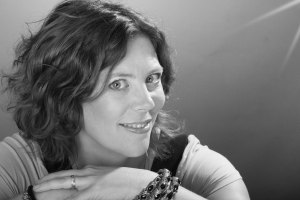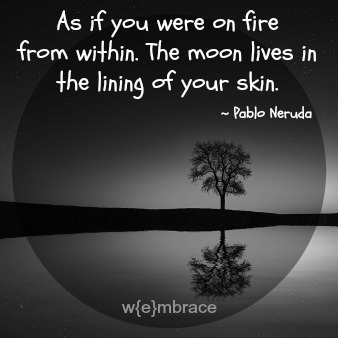Nearly all the great philosophers at some point dealt with the question: What is beauty?
Over time what we consider beautiful has changed rather drastically. Even at any given point in time, the viewpoints of different people can differ significantly. And those people don’t need to live in different corners of the world.
I would argue that beauty is truly in the eye of the beholder.
In 1588, Shakespeare wrote in Love’s Labours Lost:
Good Lord Boyet, my beauty, though but mean,
Needs not the painted flourish of your praise:
Beauty is bought by judgement of the eye,
Not utter’d by base sale of chapmen’s tongues
Benjamin Franklin wrote something similar in his Poor Richard’s Almanack:
Beauty, like supreme dominion
Is but supported by opinion
Kant and Hume agreed as well that beauty is subjective.
Beauty is no quality in things themselves: It exists merely in the mind which contemplates them; and each mind perceives a different beauty. One person may even perceive deformity, where another is sensible of beauty; and every individual ought to acquiesce in his own sentiment, without pretending to regulate those of others. (Hume 1757, 136)
Plato and Aristotle however argued that beauty is something objective. Reading in the Stanford Encyclopedia of Philosophy I come across the notion that if beauty would indeed be entirely subjective it would become completely meaningless.
“However, if beauty is entirely subjective—that is, if anything that anyone holds to be or experiences as beautiful is beautiful (as James Kirwan, for example, asserts)—then it seems that the word has no meaning, or that we are not communicating anything when we call something beautiful except perhaps an approving personal attitude.”
The article furthermore argues that obviously our judgments coincide to a remarkable extent. We learn from another what is beautiful.
Certain aspects of beauty are passed on from generation to generation. Like the Chinese beauty ideal of an 8cm foot. It took many centuries to change this very unnatural and painful beauty perception. I am incredibly thankful for the fact that I live in this century where the standards of what is and what isn’t beautiful have loosened up incredibly.
Beauty magazines like the Germany glossy “Brigitte” have started to ban models and only feature “ordinary” people. Dove has made clear that you don’t need the perfect body to have the perfect skin. Models have more natural looks and sizes. And we see beauty in people who have their very own style. A great example are the new misfit agencies. The misfit models show the beauty of people who aren’t exactly mainstream.
My dad used to tell us that if there were no ugly people there would also not be any beautiful people. He could be a misfit model. A beautiful misfit model.
True beauty comes from within.
As Kahlil Gibran said: “Beauty is not in the face; beauty is a light in the heart.”



